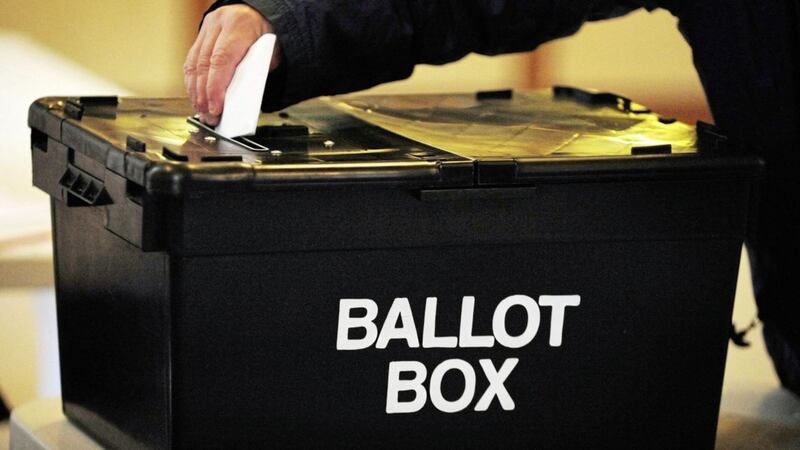In March the taoiseach announced that there will be a constitutional referendum on presidential voting rights to extend the franchise to all Irish citizens living outside the state. It’s likely the referendum will take place in October.
It’s worth looking at the implications and dealing with the detail because you may not know anything about any of that.
Certainly you wouldn’t from watching BBCNI or UTV which has cut its political coverage to the bone.
First, the recommendation to extend voting rights emerged from the 2013 Convention on the Constitution which voted 78 per cent to extend rights to vote in presidential elections to non-residents of the state. Needless to say Enda Kenny, who knew and cared as little about the north as he did about the dark side of the moon, did nothing about it. He certainly didn’t want any change for the 2018 election. It was safe enough to leave any action on the recommendation to his successor so that there’d be no change until the 2025 election.
The reality is that the proposal is a minor constitutional change which would bring Ireland in line with the majority of states in the world and certainly those in the EU. Ireland is one of only three states in the EU which elect presidents but don’t allow citizens outside the state to vote: the others are Slovakia and Cyprus. Generally, giving the vote to non-resident citizens is now regarded as developing democracy. It also gives a meaning to citizenship more than simply available through sport or cultural activities.
Not extending the franchise creates bizarre anomalies. For example, in the 2003 all-Ireland between Tyrone and Armagh the two teams lined out in Croke Park as the captains introduced the President Mary McAleese before over 80,000 spectators. Everyone present on the pitch was an Irish citizen but no one in either team could vote for the president: ridiculous.
The president represents the citizenry or the nation, not the state in its territorial concept. The present incumbent, Michael D Higgins, said in his inaugural speech that he would represent all citizens. That has always applied to the presidency. It’s right that the system of election should match that obligation.
Objections to the extension of the franchise are made mainly from a position of ignorance. The most spurious objection is the cry, ‘no taxation without representation’. The president has nothing to do with taxation or any other function of the Oireachtas when it comes to law making. All the president can do is refer a bill to the Supreme Court which decides.
Some, particularly in the south, talk about being swamped by ‘external’ voters. Practice and experience elsewhere shows that’s unlikely. A paper by the Oireachtas Library Research Service in February this year concluded there is, ‘a low to remote risk’ of the estimated 3.6 million overseas voters (yes, that’s all) swamping the 3.2 million living in the Republic. One of the reasons it’s ‘low to remote’ is that in the many other countries – the majority in the world – with non-resident voters, most don’t register and most don’t vote. At least they have the right and the option to exercise it.
The biggest turnout of non-residents would be likely in the north with its 1.87 million citizens. No, you don’t need an Irish passport. Everyone born in the north has automatic right to Irish citizenship. However a substantial chunk of the 1.87 million are unionists, many of whom wouldn’t vote.
Unfortunately because all Irish citizens can’t participate in referendums you’ll just have to be a spectator as residents in the Republic go to vote on whether you can vote for president in 2025. So far all the main parties in the south are supporting the referendum. If it passes, and it should, one consequence will be that both Fianna Fáil and Fine Gael will have to organise in the north to promote their candidates for president. All Ireland politics.









